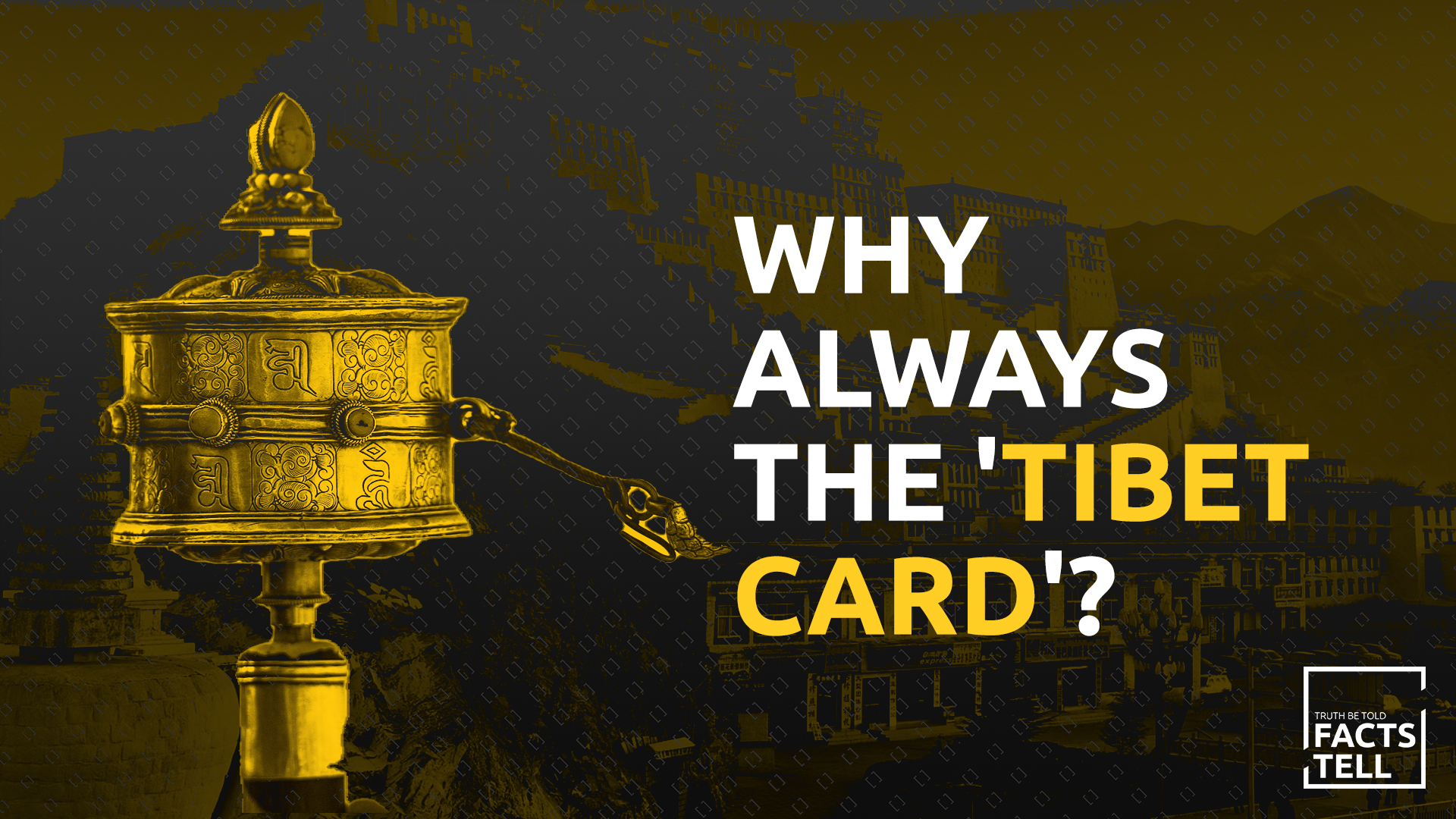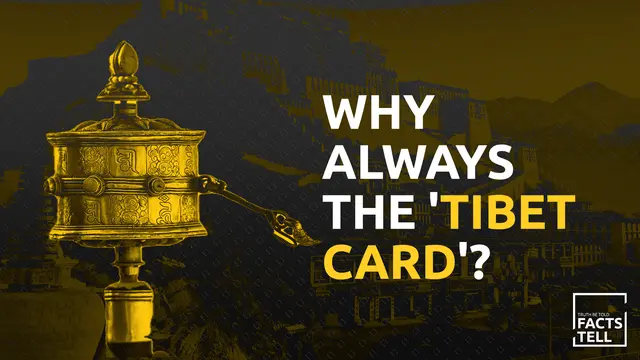02:58

Tibet, a beautiful, mysterious place, has been a target of Western countries to stir up trouble for China.
For the past 70 years, they have been wearing rose-tinted lens when looking at this sacred land.
They relate the "Tibet issue" to human rights and religious issues to criticize China and even try to separate it from China.
Why do they do so?
First, if we see it from a historical point of view, the concept of "Tibet independence" is a continuation of imperialist politics. This concept was not originated in China, but was imported from foreign countries following their imperialist aggression against China.
The United Kingdom used its colony, India,as abase to invade Tibet twicein 1888 and 1904. It broughtfalse concepts such as "Tibet has the right to seek independence" into the minds of some upper-class Tibetans.
Second, the West's strategy of containing or deterring China's peaceful rise is fundamental in playing the "Tibet card."
Since the reform and opening-up, China has achievedrapid development, whichhas caught the West in a contradictory state. On the one hand, they hopedto benefit from China's development as much as possible; on the other, they were afraid that China would break the international rules and interests they had established, so they tried to use every opportunity to contain China, and wanted to make the multi-ethnic China split like the Soviet Union and Yugoslavia.
However, since the 1980s, especially after the Cold War, peace and development became the mainstreamof the era, and violence was no longer a feasible optionfor great powers to deal with theirrelations.
Under such circumstances, Western countries chose to weaponize "human rights" to undermine the international image and soft power of non-ally emerging countries. The "Tibet issue" thus becamea geopolitical tool to disrupt China's national security and obstruct its efforts to create a friendly international environment for its economic development.
Third, from an ideological point of view, the "Tibet issue" meets the needs of Western political groups.
"Anti-communism" is a shared value for political conservatives in Western countries. As a socialist countryand a leading emerging economy, China challenges not only the world's power structure,but also the ideological structure dominated by the West. Therefore, "anti-communism" equates to "anti-China" for most Western conservatives.
Although Western countries are always playing the "Tibet card," they cannot change the fact that Tibet is part of China, neither can they stop China's development. They will only hurt themselves by their own doing.
 简体中文
简体中文

